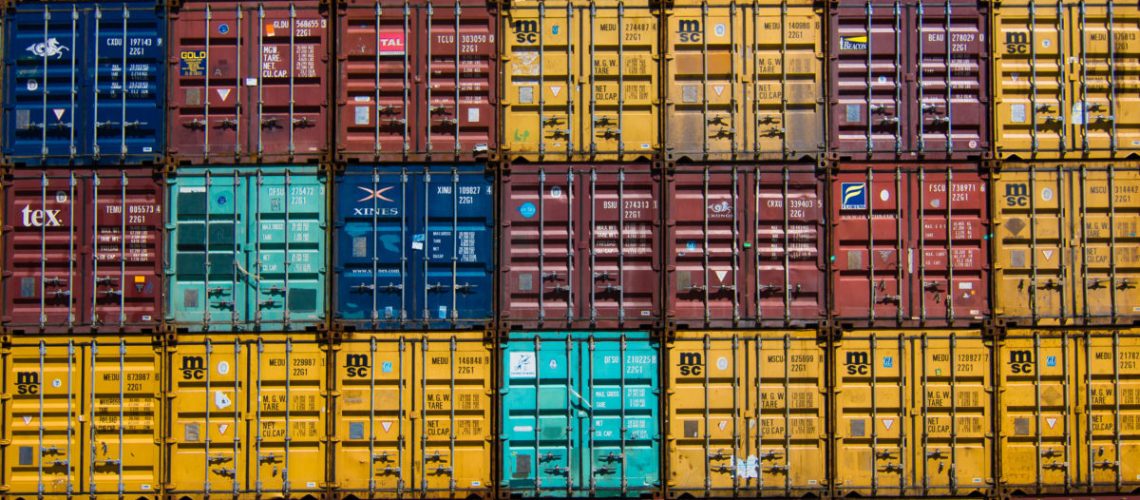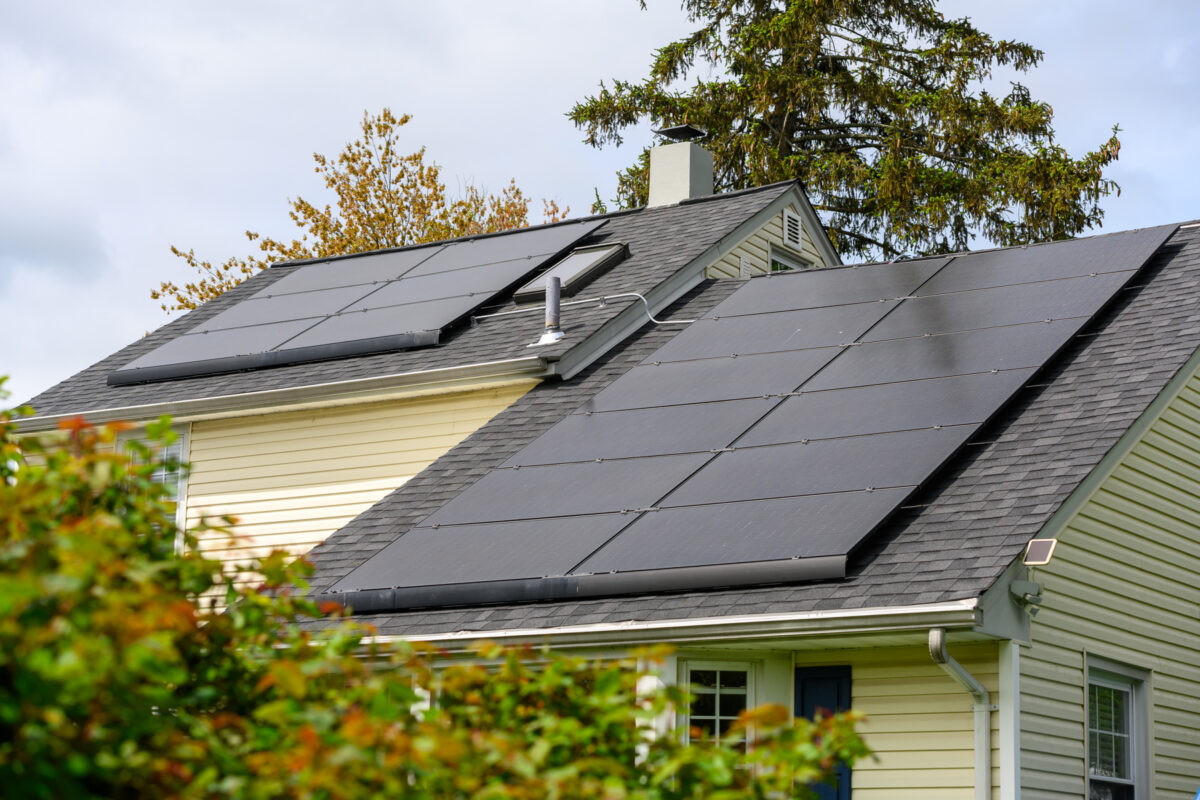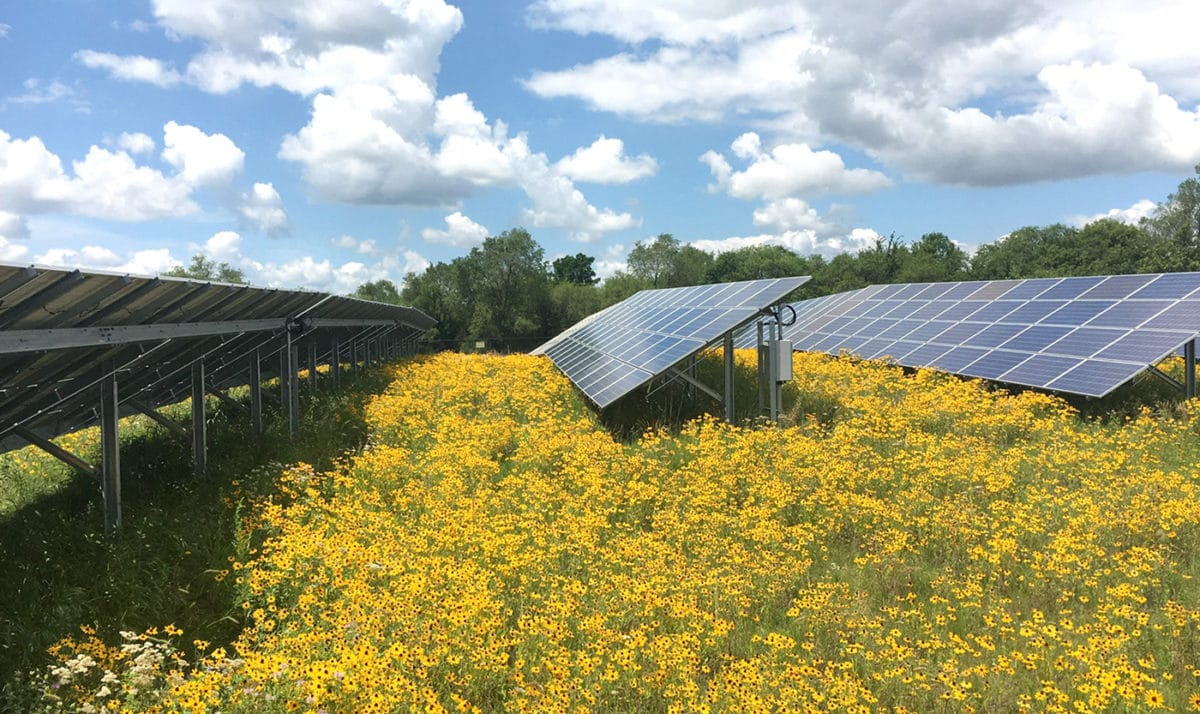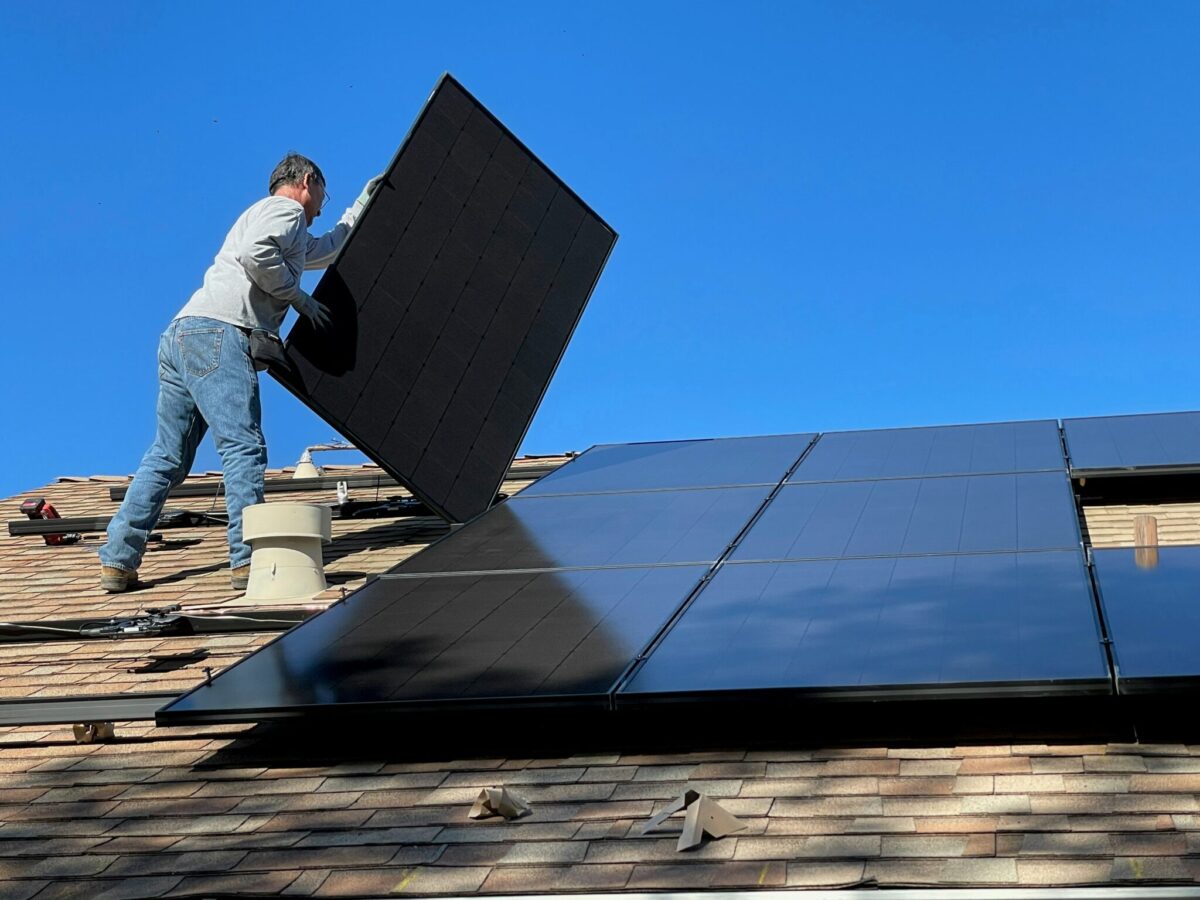Panel shipments collectively worth hundreds of millions of dollars are blocked from entering the U.S. market as they have failed scrutiny under the Uyghur Forced Labor Prevention Act, said Reuters.
Reuters reported that over 1,000 shipments of solar energy components, valued in the hundreds of millions of dollars, have been blocked in U.S. ports under enforcement of the Uyghur Forced Labor Prevention Act (UFLPA).
The Xinjiang region of China, which is home to roughly 50% of the global supply of polysilicon, an essential material in conventional solar modules, has come under scrutiny for its human rights abuses and the forced labor of Uyghurs and other ethnic minorities in China. Beijing has repeatedly denied allegations of forced labor.
The UFLPA places a “rebuttable presumption” that goods from the region are made with forced labor, and it places the burden of proof on buyers to show that the imported goods have no connection to forced labor whatsoever. To be in compliance with UFLPA, companies must provide a comprehensive supply chain mapping, a complete list of all workers at a facility, and proof that workers were not subject to conditions typical of forced labor practices and are there voluntarily.
Corporations like Coca-Cola and Nike lobbied against the UFLPA, as their supply chains are deeply woven into China’s economy.
Reuters was told by U.S. Customs and Border Protection that it has seized 1,053 shipments of solar energy equipment between June 21, when the UFLPA went into effect, and Oct. 25. Customs said none of the shipments have yet been released.
Three of Reuter’s sources were told the shipments include solar panels and polysilicon cells, adding up to 1 GW of capacity, and primarily made by three of the largest Chinese PV providers. This includes Trina Solar, JinkoSolar, and Longi, which together account for about one third of U.S. panel supply, said Reuters. Other reports have said the impact may be even larger than that.
In August, ROTH Capital Partners said over 3 GW of components were held up at Customs. It estimated that much as nine to 12 GW of solar modules could be prevented from entering U.S. markets by the end of the year.
In a press briefing, Chinese foreign ministry spokesperson Zhao Lijan said forced labor allegations are, “the lie of the century fabricated by a small group of anti-China individuals.”
“The U.S. side should immediately stop the unreasonable suppression of China’s photovoltaic enterprises and release the seized solar panel components as fast as possible,” said Lijan.
Module supply challenges have been an ongoing issue in the United States, exacerbated by COVID-19 related shutdowns, increased shipping costs, semiconductor supply chain challenges, and the enforcement of the UFLPA and other trade and labor laws.
The Energy Information Administration (EIA) said solar developers across the United States planned to install 17.8 GW of capacity this year. However, through six months, only 4.2 GW had been brought online. From January through June 2022, about 20% of planned PV capacity was delayed, according to the EIA. Reports show solar installations were delayed by an average of 4.4 GW each month, compared with average monthly delays of 2.6 GW during the same period last year.
At the RE+ conference in Anaheim this September, marketing directors at Trina Solar told pv magazine they were confident in the high degree of traceability of its products and supporting supply chains.
“We realized supply chain can not be centralized in one place and customers also want independence. Our mid-term strategy is to have a clear fragmentation of products and markets, as well as geographically diversify our supply chain. Different markets require different supply chains,” said Helena Li, president of global cell and module business at Trina.
In an email, JinkoSolar said it is working with Customs Border Patrol on documentation proving its supplies are not linked to forced labor and is “confident the shipments will be admitted.”
“The world and the American people cannot abide the presence of goods made under the exploitative conditions experienced by Uyghur and other ethnic minority groups in its global supply chains,” said Marty Walsh, U.S. Secretary of Labor.






